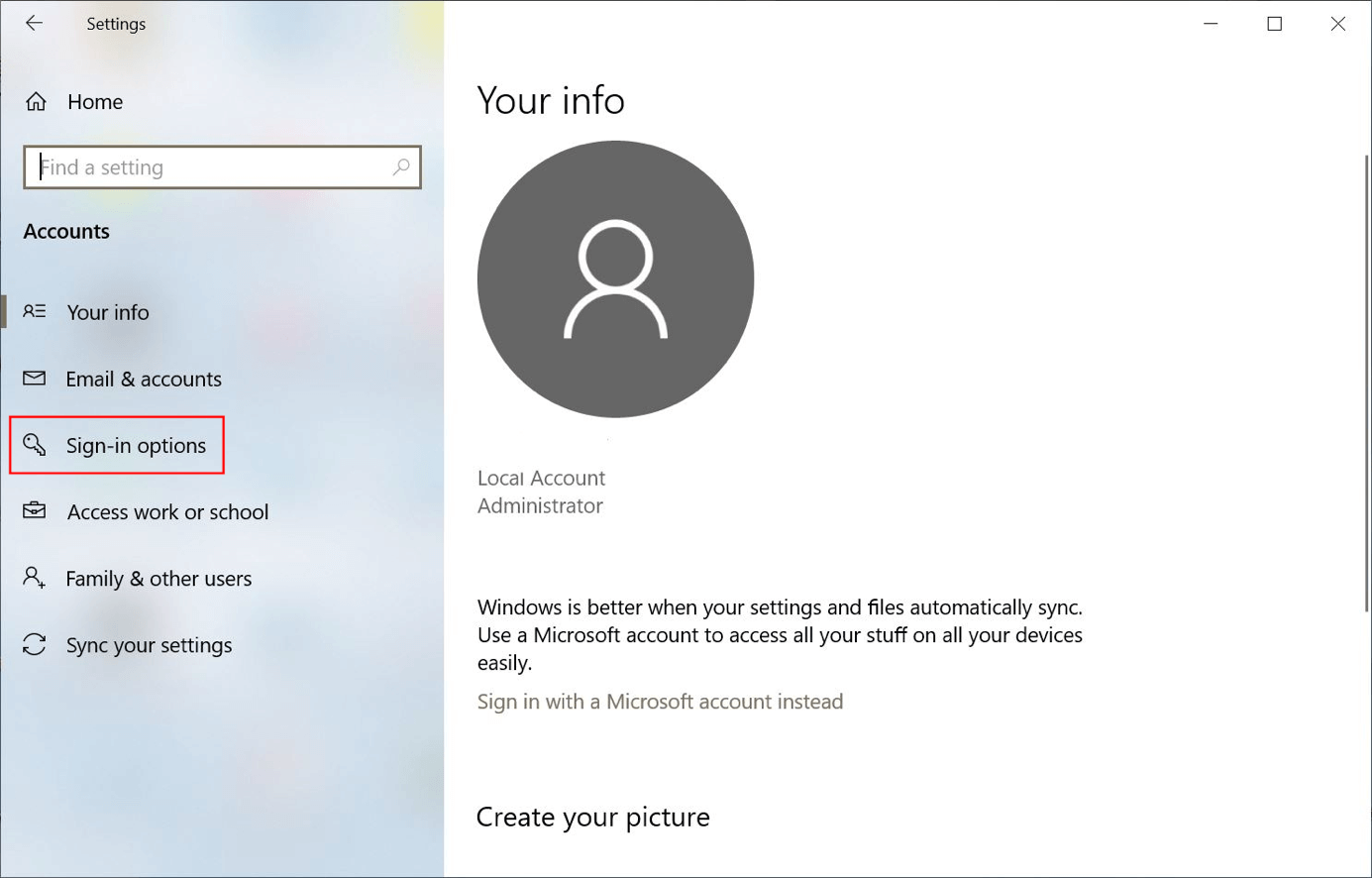

The above will cause Git to ask for your password once every 15 minutes (by default). For example: git config -global credential.helper cache To securely store your password when using HTTP, use a credential helper. WARNING: Adding your password to the clone URL will cause Git to store your plaintext password in.

Some services provide HTTP access as an alternative to ssh: Git clone gh-bar:bar/bar.git # logs in with account bar You would then clone the two repositories as follows: git clone gh-foo:foo/foo.git # logs in with account foo You would add the following to your ~/.ssh/config: Host gh-foo You want to access with your foo account and with your bar account. Your ssh key for foo is ~/.ssh/foo_github_id and your ssh key for bar is ~/.ssh/bar_github_id. To pick which account you want to log in as, you have to tell ssh which private key to use.įor example, suppose you had two GitHub accounts: foo and bar. If you have multiple accounts at a place like GitHub or Heroku, you'll have multiple ssh keys (at least one per account). Choosing between multiple accounts at GitHub (or Heroku or.) Also see Configuring Git over SSH to login once, GitHub's help page on ssh key passphrases, gitolite's ssh documentation, and Heroku's ssh keys documentation. If you don't want to type your ssh password all the time, the typical solution is to generate a public/private key pair, put the public key in your ~/.ssh/authorized_keys file on the remote server, and load your private key into ssh-agent.

Use ssh-agent to avoid typing passwords all the time Git has no way to pass a password to ssh, because ssh might not even use a password depending on the configuration of the remote server.

From git help clone:Īn alternative scp-like syntax may also be used with the ssh part before the is the username, and the authentication method (password, public key, etc.) is determined by ssh, not Git. The format tells Git to use ssh to log in to host with username user.


 0 kommentar(er)
0 kommentar(er)
